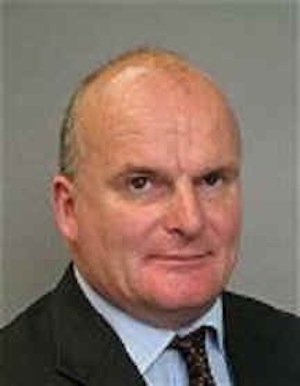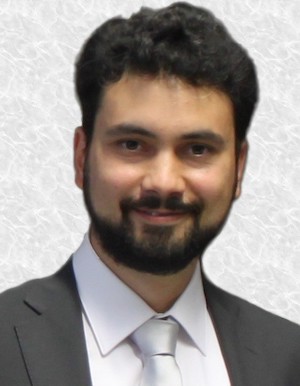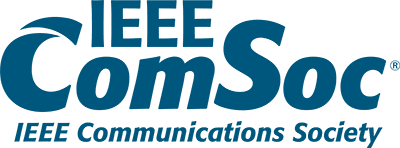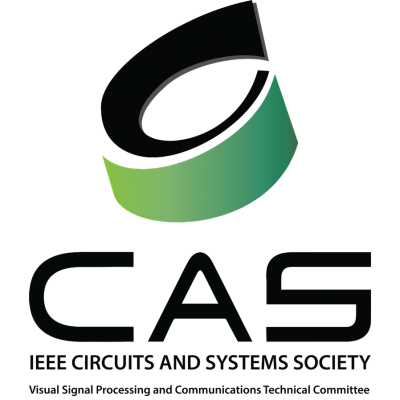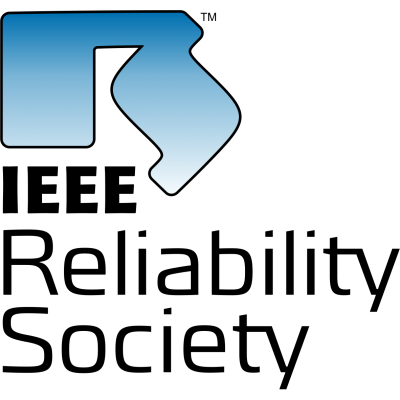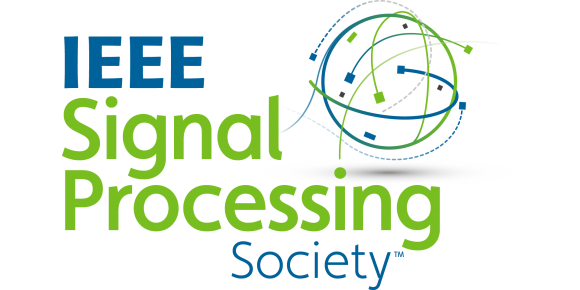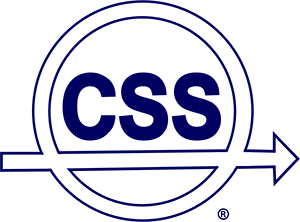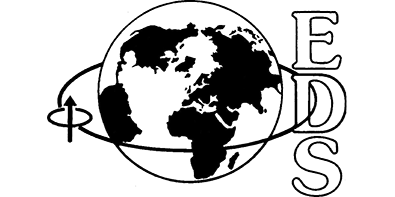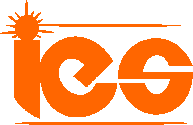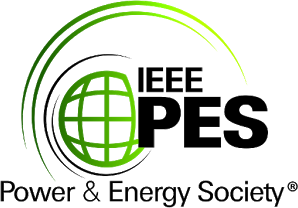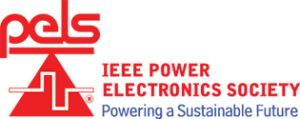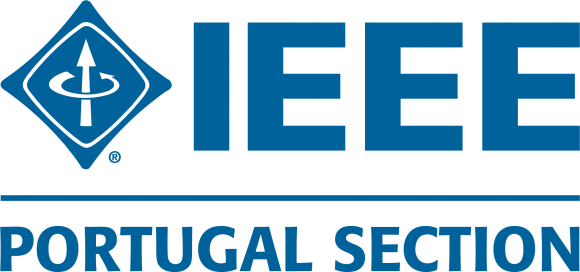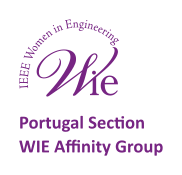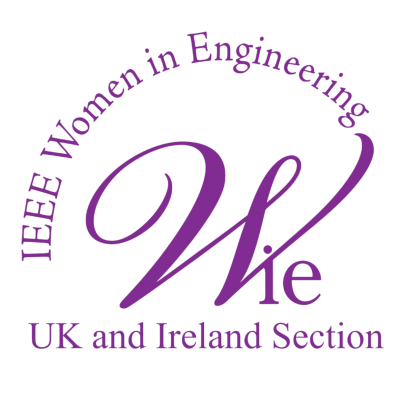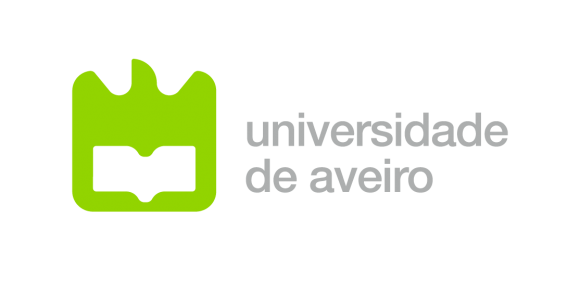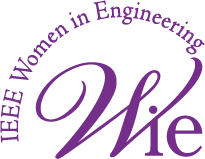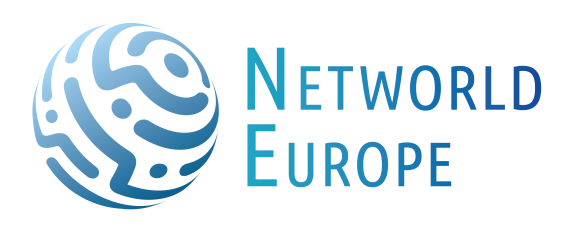Topical Track: Sensors and Devices
Track ID: Topi-01
Description
Sensors and sensor systems are an essential and often critical part of IoT solutions and applications. If one views IoT as the enabling technology and infrastructure for operating end-to-end platforms that take advantage of the Internet’s global reach – then sensors are the essential source of data and information that drives the value chain and ultimate utility of solutions and applications. The aspects of what the Track will cover include:
- The underlying technology and principles of novel (analogue and digital) physical and virtual sensors. This includes sensors that may measure simple physical quantities (pressure, temperature, moisture, chemical composition, etc), complex sensors such as LIDARs, radars, imagers exploiting different portions of the electro-magnetic and sound spectrum (including vibrometry), as well as hyperspectral, multi-modal and information sensors (extracting information from data in digital form), and lastly sensors that can be used to deduce or identify a specific condition or specific information (such as a failure mode of a piece of equipment, the presence of an object or feature, or an identity)
- How the sensors or sensor systems may be used in an operational setting addressing system level issues and trade-offs. This includes the choice of overall architecture, the role of accompanying technologies, such as compute and network configuration for prioritization and bounds guarantees in sensor data processing, as well as capital and operating expenses acceptable for effective solutions and applications. As important is the ability to meet both functional and intrinsic requirements and successful economic and business models for deployment. Other issues addressed in the track involve standardization, policy and regulations, security and privacy, the ethical uses of sensor technologies, and the societal consequences of widescale use. With large investments in industrial IoT, connected health, autonomous cars, retailing, and consumer services comes the need to deal with the fundamental complexity and distributed nature of IoT applications – and the understanding of what is technologically mature and market ready and what is still in the offing.
- Digital sensors (as well as actuators) rely on highly energy-efficient sensor-to-digital and (digital-to-actuator) interface circuits. Novel interface circuits with better performance are of paramount importance for sensor systems and advances to the state-of-the-art are very welcome on this track.
Applications of sensors and sensor systems to specific functions in various verticals and markets stressing experiences from trials and demonstrations. For WFIoT2023 emphasis is placed on sensors for the market/vertical segments that are a part of the conference including Agriculture, Energy and Power, Environment and Ecology, Healthcare, Industry and Manufacturing, Smart Cities and Smart Buildings. This also includes horizontal services and infrastructure such as options for connectivity (fixed, wireless, space based, and terrestrial mobile), access to computing and storage (embedded, local, edge, fog and cloud), as well as platforms and frameworks for exploiting other important technologies such as Artificial Intelligence and Machine Learning, Virtual and Augmented Reality, Data aggregation and curation, support for industrial automation and for autonomous platforms.
Sessions
Session 1: Physical and virtual sensors. This session will focus on techniques and principles of a) sensors of physical quantities, b) complex sensors such as LIDARs, radars, EM and sound spectra c) virtual sensors, such as hyperspectral, multi-modal and information sensors, and d) sensors for system condition, failure mode, object or identity detection.
Session 2: Applications and regulations. This session will focus on a) applications in verticals such as trials and demonstrations in industrial IoT, connected health, autonomous cars, retailing, and b) standardization, policy and regulations, privacy, security, ethical uses, societal consequences.
Session 3: System level aspects. This session will focus on horizontal services and infrastructure such as connectivity, access to compute, storage, network and compute platforms for time-constrained sensor measurements, platforms to exploit AI/ML, VR/XR, data aggregation and curation.
Session 4: Sensor and Actuator Interfaces. This session will focus on ultra-low-power sensor-to-digital and digital-to-actuator interfaces (ADCs and DACs) designed, fabricated and integrated in both, advanced nanoscale CMOS technologies and large-are flexible TFT electronics. Development of Circuit and System level techniques towards low-nose, high linearity, built-in self-testing and self-calibration.
Session 5: Auxiliary Circuits for Sensor and Actuator Interfaces. This session will focus on Auxiliary Circuits such as Input Voltage Buffers, Track-and-Hold Circuits, Residue-Amplifiers, Bandgap References, Voltage Regulators (LDOs), Input LVDS Clock Interfaces, Output LVDS drivers, Phase-Locked Loops and Oscillators.
Chairs
João Goes: Universidade Nova De Lisboa, Portugal
João Goes obtained the M.Sc. and the Ph.D. degrees in Electrical and Computer Engineering (ECE), respectively, in 1996 and 2000, from the University of Lisbon. · He is Full Professor of the Department of ECE of the School of Sciences and Technology of NOVA University. During 2012-2019 he headed the Department. · From 2012 to 2017, he was the Director of the Centre of Technology and Systems (CTS) of UNINOVA Institute. Since January 2023, he is the Executive Director of UNINOVA. · In 2022 he has been elected member of the General Council, the top governing body of NOVA University. · In 2003 he co-founded and was the CTO of ACACIA Semiconductor (now RENESAS). · He has supervised 20 PhD and over 50 MSc Theses. He has published over 200 papers in peer-reviewed journals and leading international conferences. · He was co-winner of the “2012 IEEE Outstanding Young Author Award” and of the “Innovation Award INCM 2016”.
Elfred Lewis: University of Limerick, Ireland
Elfed Lewis graduated with BEng (Hons) in Electrical and Electronic Engineering from Liverpool University in 1981 and was awarded his PhD from the same institution in 1987. He is Associate Professor and Director of the Optical Fibre Sensors Research Centre at University of Limerick, which he founded in 1996. He is Fellow of Institute of Physics, IET and Senior member IEEE. He has authored and co authored more than 200 journal papers and made in excess of 250 contributions to international conferences. He currently holds 9 patents on Optical Fibre Sensor Devices. In 2005 he was recipient of the University of Limerick Special Achievement in Research Award and was a Fulbright Scholar with CREOL (University of Central Florida) in 2008. He was Distinguished Lecturer for IEEE Sensors Council for the period July 2013-June 2015 and General Co-Chair of the recent 5th IEEE World Forum on Internet of Things (2019) and European Workshop on Optical Fibre Sensors (EWOFS2016) both held at University of Limerick, Ireland.
Rafael Rosales: Intel Corporation, Germany
Dr. Rafael Rosales is a Research Scientist at Intel Labs. He received his doctorate degree from the University of Erlangen-Nuremberg (FAU) and his M.Sc. degree at the Technical University of Munich (TUM). His research interest include intelligent and autonomous systems, AI, LLMs, robotics, deterministic networks and communication systems, augmented reality, causal reasoning, neuromorphic computing, knowledge representation, system modeling, simulation and HW/SW Co-Design.




